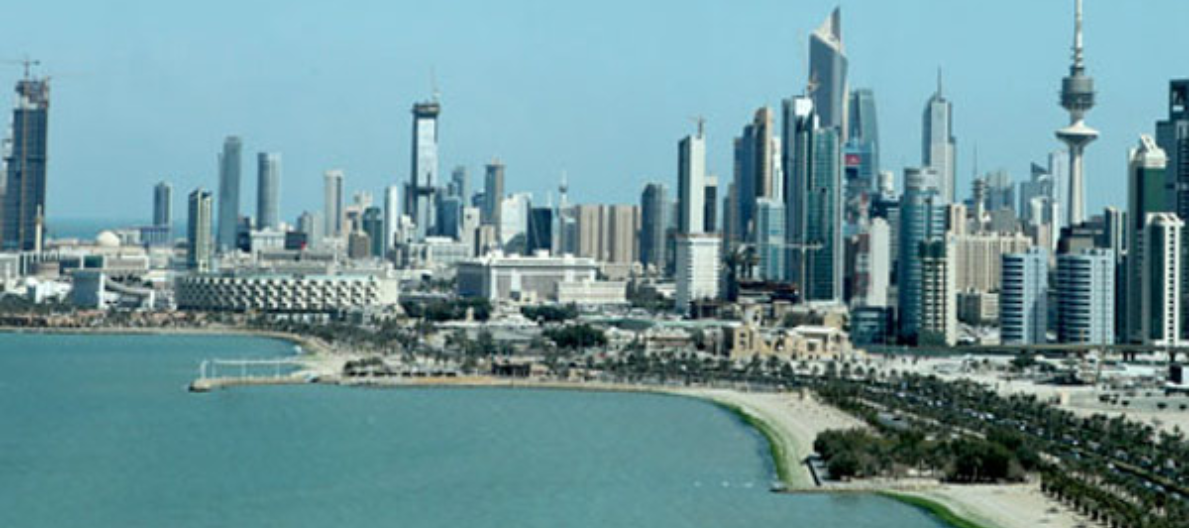Kuwait real estate sector upbeat on big residential sector growth
Kuwait's real estate sector continues to show promise and has mostly recovered from the major hit it had taken during the Covid-19 pandemic over the past two years and is currently accelerating, albeit modest, according to Kuwait Financial Centre (Markaz).
The uptrend is driven mainly by increased transactions in the residential apartment and commercial real estate segments on the back of optimism over improvement in economic activity, stated Markaz in its 'Kuwait Real Estate H2 2022 Outlook' report.
Strong macroeconomic fundamentals, supported by rising oil prices and demand and a sustained rebound in the non-oil sector, paint a positive outlook for the domestic property market, it added.
Developed and published with the aim of helping investors gain a deep understanding of the current state of the Kuwaiti real estate market, the report was prepared by Marmore Mena Intelligence, a fully owned subsidiary of Markaz.
According to the report, the property market has benefited from the easing of pandemic mitigation measures by the government and the opening of new business and expansion of current business, which lead to an increase in the occupancy rates across the real estate sector, and an improvement in investors’ confidence increase in the real estate sector during Q1 and Q2.
Overall real estate transaction values have continued to rise in Q1 2022 with Istithmari (residential apartment) and commercial real estate subsectors being on the upward trajectory, however, private residential housing sales, which drove the recovery last year, declined during the same period, it stated.
For the first three-month period, the Istithmari transaction value rose 9% above that of Q1 2019, stated the Markaz in its report.
Sales of commercial real estate appear to be recovering, posting a 128% year-on-year growth in Q1 2022. However, the transaction value has yet to reach pre-pandemic levels and is 38% below that of Q1 2019.
On the other hand, private residential housing sales dropped by about 20% to KD517.6 million ($1.7 billion), compared to KD644.2 million ($2.1 billion) logged in Q1. However, it remains above pre-pandemic levels, 37% higher than KD376.5 million ($1.2 billion) registered for the first three months of 2019.
According to Markaz, the assessments and predictions in the report are based on its real estate macro index,’ which takes into consideration various economic indicators such as oil and non-oil GDP growth, inflation, new job creation, interest rate, and population growth.
It analyses the performance of subsectors such as residential, office, retail and industrial during the first six months and delves into the impact of various new socioeconomic policies and real estate reforms and initiatives on the sector.
The findings and observations in the report are substantiated with data from the past seven years along with estimates for the remainder of the current year and forecasts for the next year.
The Markaz report holds a positive outlook for the Kuwaiti real estate sector for the remainder of the year in view of the projected expansion in the national economy aided by strong oil and non-oil economic growth, as well as improvement in fiscal balance, which indicates healthy levels of government revenue and spending.
While a rise in interest rates could be a headwind for the economy and the sector, the Central Bank of Kuwait’s slower pace of rate hike compared to US Fed might lessen the impact, stated the report.
Even though Kuwait has been experiencing a rise in inflation given its reliance on imports, inflation levels in the country are lower than in some major economies.
To view the source of this news, please click (here)
Article or Post details
2022-07-23


